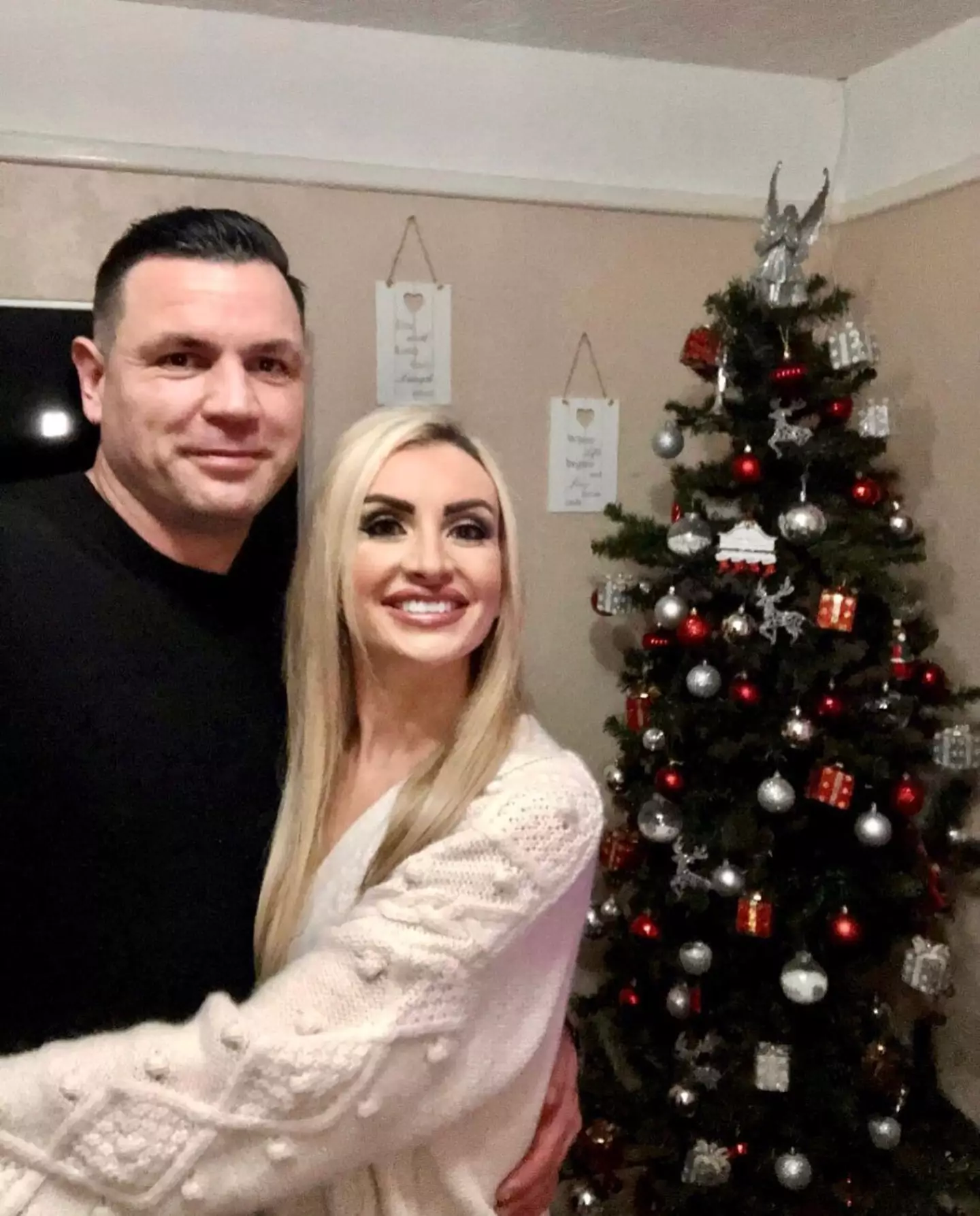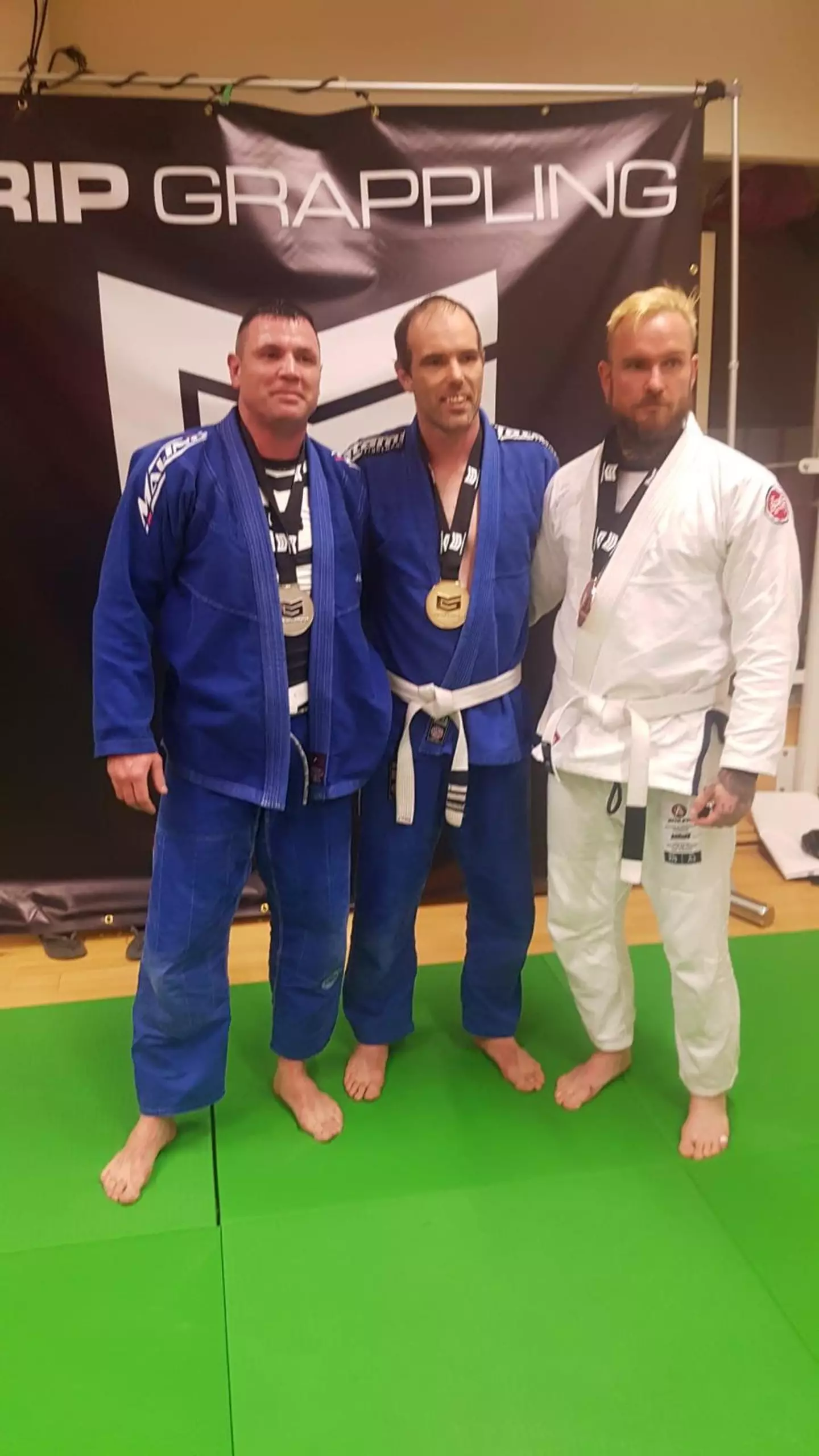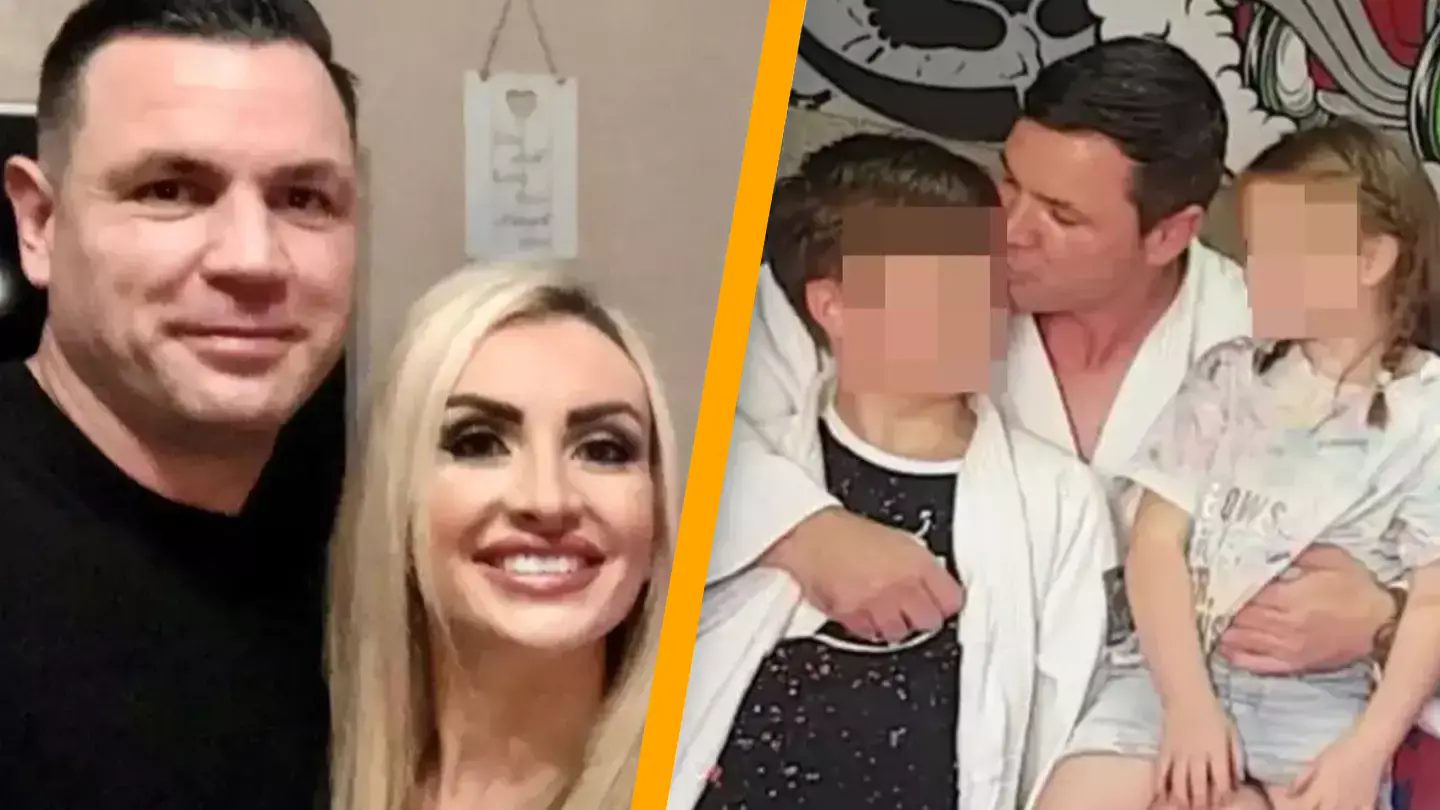A father has shared the subtle signs he initially ignored before receiving a life-changing diagnosis giving him a limited time to live.
Barry Jones, aged 45 and working as a pipe fitter in Milford Haven, Pembrokeshire, Wales, was diagnosed with motor neurone disease (MND) only a few months after marrying his wife, Holly.
MND is an uncommon, progressive neurological condition that affects motor neurons in the brain and spinal cord. These neurons are responsible for muscle movement, including actions like walking, speaking, swallowing, and breathing. When these nerve cells cease to function correctly, it leads to muscle weakening and atrophy.

While the disease is ultimately fatal, the progression rate can vary significantly. Notably, Professor Stephen Hawking lived with MND for 55 years after his diagnosis at the age of 21.
Initially, Jones did not associate his early symptoms with MND. “It was over our heads for ages. It started way back maybe a year or so ago,” he mentioned to Wales Online.
“As someone who practices martial arts, I noticed my grip weakening, difficulty getting up off the floor quickly. I dismissed it as just aging. Over time, my legs became very stiff at work, necessitating frequent sit-downs, and I began losing my balance.
“These issues persisted over several months. Eventually, I couldn’t even climb ladders, which is crucial for my work.”
He recounted: “Then I fell outside my house, injuring my face due to loss of balance and strength. Despite this, I couldn’t believe something was wrong because I consider myself strong, active in martial arts, and hard-working.

“The next day at work, I was told by colleagues, ‘Listen, you are not fit to be on here, you have to go off site’. Following this, a neurologist confirmed the devastating news that I show all signs of motor neurone disease, with an expected timeline of two years.”
In response, Jones and his wife have started a fundraising effort to explore experimental treatments, which has already raised over £12,600. The couple has also received tremendous support from their friends, family, and local community.
“I obviously know what is going to happen, but all I can do is take each day as it comes and stay strong. There is no cure, but what we are trying to do is longevity.”

